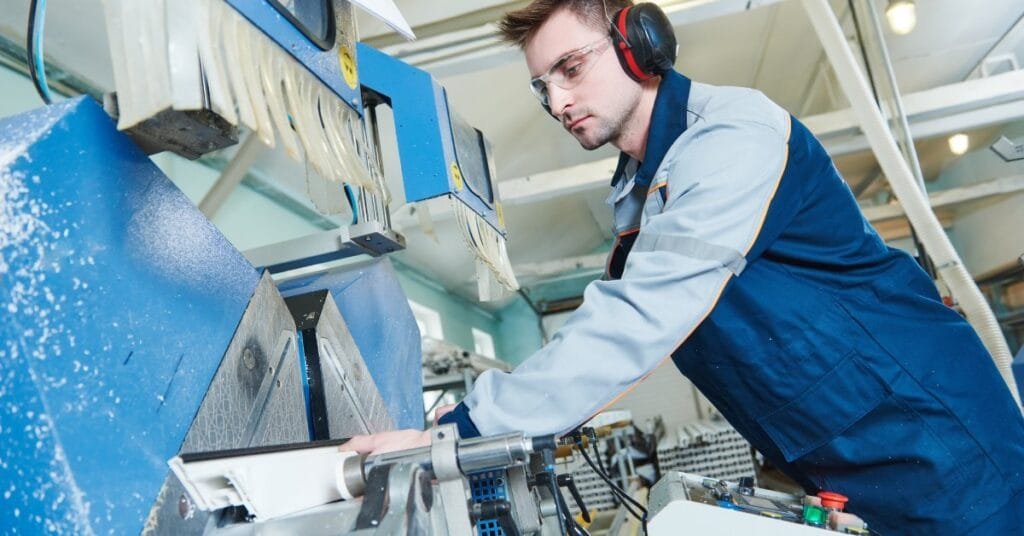Outsourcing plastic part production can transform your business operations, reduce costs, and improve efficiency. Many companies discover that partnering with specialized manufacturers allows them to focus on their core competencies while accessing advanced manufacturing capabilities they couldn’t afford in-house. This guide walks you through seven crucial steps to identify and select the ideal outsourcing partner for your plastic component needs.
Define Your Project Requirements Clearly
Start by creating a comprehensive specification document that outlines every aspect of your project. Include detailed drawings, material specifications, tolerance requirements, quantity expectations, and delivery timelines.
The more specific you become with your requirements, the better potential partners can assess their ability to meet your needs. Consider factors like part complexity, expected volume fluctuations, and any special testing or certification requirements your industry demands.
Research Potential Outsourcing Partners Extensively
Investigate manufacturers that specialize in your type of plastic components. Look beyond basic capabilities and examine their track record with similar projects. Check their client testimonials, case studies, and online reviews from multiple sources.
Industry directories, trade associations, and referrals from other businesses in your network can provide valuable leads. Pay attention to how long they’ve been in business and whether they’ve worked with companies in your industry before.
Check Their Certifications and Quality Standards
Quality certifications tell you a lot about a manufacturer’s commitment to excellence. Look for ISO 9001 certification as a baseline, and seek additional industry-specific certifications relevant to your application. Medical device manufacturers should hold ISO 13485 certification, while automotive suppliers need to have IATF 16949 certification.
Ask about their quality control processes, testing procedures, and how they handle non-conforming products. A reliable partner will gladly share their quality documentation and explain their inspection protocols in detail.
Evaluate Their Technical Capabilities and Expertise
Assess whether the manufacturer possesses the technical expertise required for your project. This assessment includes their knowledge of different plastic materials, molding techniques, and finishing processes. During the plastic gear manufacturing process, for example, precision and material selection become critical factors that require specialized knowledge.
Ask about their engineering support capabilities, design assistance services, and ability to optimize your parts for manufacturability. The best partners contribute valuable insights that improve your product while reducing costs.
Consider Their Location and Communication Style
Geographic location affects shipping costs, lead times, and your ability to visit the facility when necessary. However, don’t automatically dismiss distant partners if they offer superior capabilities or pricing. Evaluate their communication practices, response times, and English proficiency if working internationally.
Time zone differences can create challenges, but many overseas manufacturers accommodate Western business hours for important communications. Test their responsiveness during the initial inquiry phase as an indicator of future service levels.
Get Detailed Quotes and Compare Pricing Structures
Request comprehensive quotes that break down all costs, including tooling, per-unit pricing, shipping, and any additional fees. Compare not just the bottom line but also what each quote includes. Some manufacturers quote lower unit prices but charge extra for services that others include as part of their standard offerings.
Ask about volume discounts, payment terms, and how they handle price changes for raw materials. Understanding their pricing structure helps you make accurate comparisons and budget appropriately.
Negotiate a Comprehensive Contract
Develop a detailed contract that protects both parties and clearly defines expectations. Include specifications for quality standards, delivery schedules, pricing terms, and intellectual property protection.
Address what happens if quality issues arise, how they handle specification changes, and termination clauses. Don’t rush this step—a well-crafted contract prevents misunderstandings and provides recourse if problems develop later.
Finding the right plastic part production partner requires careful research and evaluation, but the investment pays dividends through improved quality, reduced costs, and reliable supply chains. Take the time to vet potential partners using these seven steps, and you’ll build a relationship that supports your business growth for years to come. Start your search today by reaching out to manufacturers that meet your initial criteria and begin the conversation about your specific needs.
